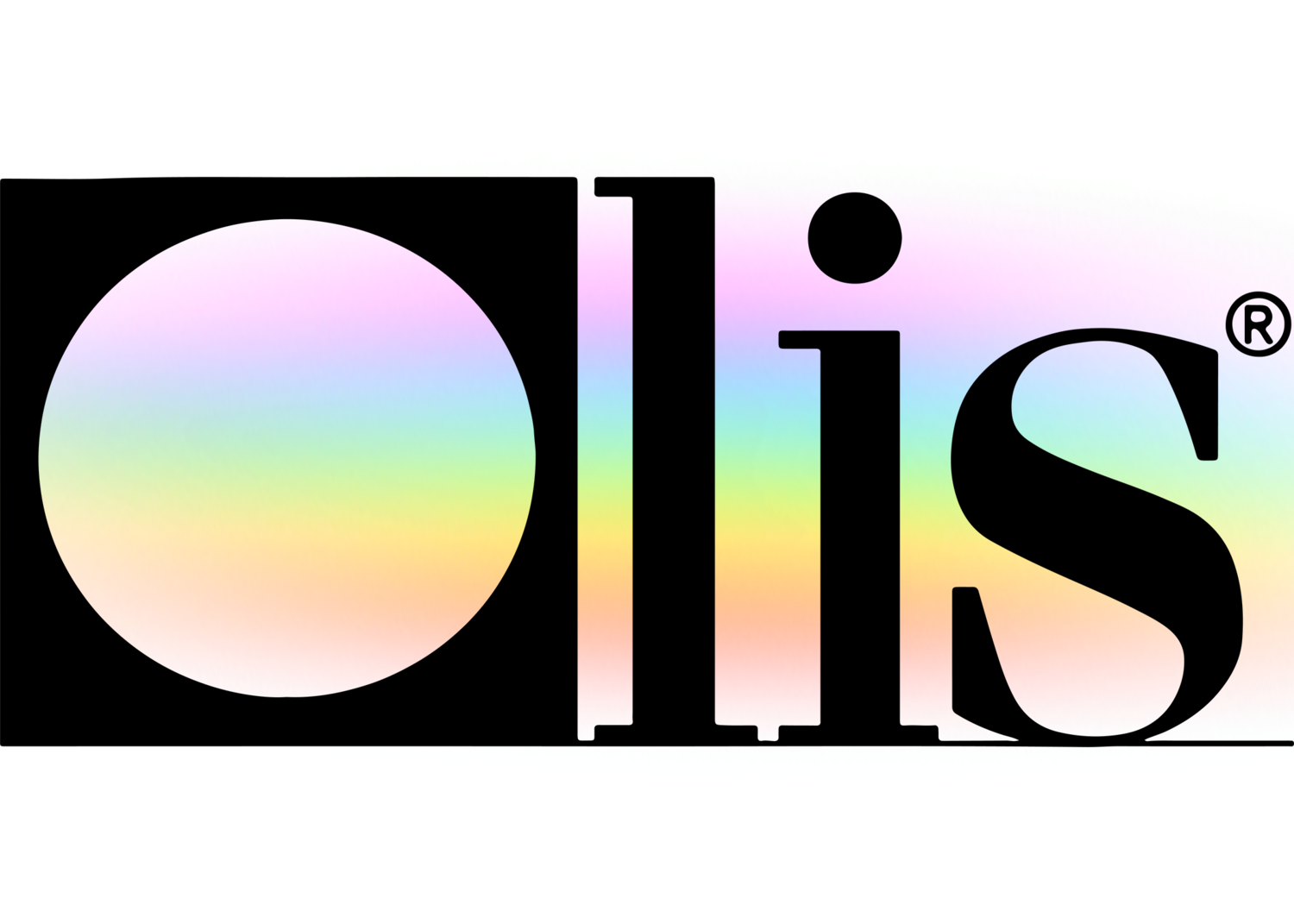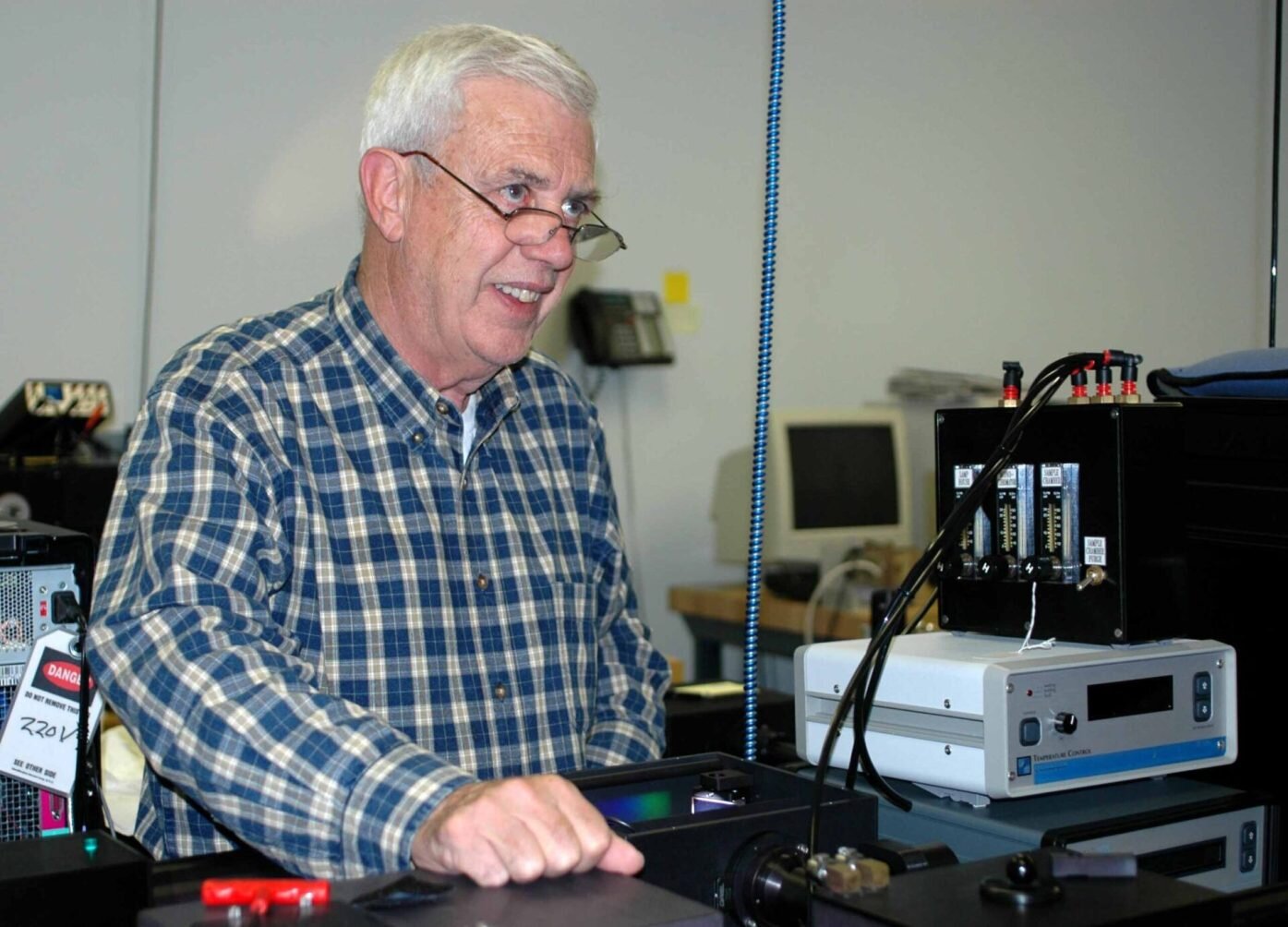The 20-Second Trick For Uv/vis
The 20-Second Trick For Uv/vis
Blog Article
The Buzz on Circular Dichroism
Table of ContentsThe 9-Minute Rule for Uv/vis/nirCircular Dichroism for DummiesEverything about Circularly Polarized LuminescenceSome Ideas on Uv/vis/nir You Should KnowWhat Does Circularly Polarized Luminescence Mean?

Spectrophotometry is a tool that hinges on the quantitative analysis of molecules depending on how much light is absorbed by colored compounds.
The Ultimate Guide To Circularly Polarized Luminescence
A spectrophotometer is typically utilized for the measurement of transmittance or reflectance of options, transparent or opaque solids, such as sleek glass, or gases. Numerous biochemicals are colored, as in, they absorb visible light and for that reason can be determined by colorimetric treatments, even colorless biochemicals can frequently be transformed to colored substances suitable for chromogenic color-forming reactions to yield compounds suitable for colorimetric analysis.: 65 However, they can likewise be created to determine the diffusivity on any of the listed light ranges that normally cover around 2002500 nm using different controls and calibrations.
An example of an experiment in which spectrophotometry is used is the decision of the stability constant of a solution. A particular chemical reaction within a service may occur in a forward and reverse direction, where reactants form items and items break down into reactants. Eventually, this chemical reaction will reach a point of balance called a stability point.
The Only Guide for Circular Dichroism
The quantity of light that passes through the option is a sign of the concentration of specific chemicals that do not allow light to pass through. The absorption of light is due to the interaction of light with the electronic and vibrational modes of molecules. Each kind of particle has a specific set of energy levels related to the makeup of its chemical bonds and nuclei and thus will soak up light of specific wavelengths, or energies, leading to unique spectral properties.
They are commonly utilized in numerous markets including semiconductors, laser and optical manufacturing, printing and forensic examination, as well as in labs for the research study of chemical substances. Spectrophotometry is often utilized in measurements of enzyme activities, determinations of protein concentrations, address decisions of enzymatic kinetic constants, and measurements of ligand binding reactions.: 65 Ultimately, a spectrophotometer is able to determine, depending on the control or calibration, what substances are present in a target and exactly how much through calculations of observed wavelengths.
This would come as a solution to the formerly developed spectrophotometers which were unable to soak up the ultraviolet correctly.
The smart Trick of Spectrophotometers That Nobody is Discussing
It would be discovered that this did not provide satisfying outcomes, therefore in Model B, there was a shift from a glass to a quartz prism which permitted better absorbance results - UV/Vis (https://us.enrollbusiness.com/BusinessProfile/6552779/Olis%20Clarity). From there, Design C was born with an adjustment to the wavelength resolution which ended up having 3 systems of it produced
It irradiates the sample with polychromatic light which the sample absorbs depending upon its residential or commercial properties. Then it is transferred back by grating the photodiode array which discovers the wavelength area of the spectrum. Given that then, the development and execution of spectrophotometry gadgets has actually increased immensely and has actually become one of the most ingenious instruments of our time.

Things about Circularly Polarized Luminescence
The grating can either be movable or repaired.
In such systems, the grating is repaired and the strength of each wavelength of light is determined by a different detector in the selection. When making transmission measurements, the spectrophotometer quantitatively compares the fraction of light that passes through a reference service and a test option, then electronically compares the strengths of the two signals and computes the percentage of transmission of the sample compared to the recommendation standard.

Report this page